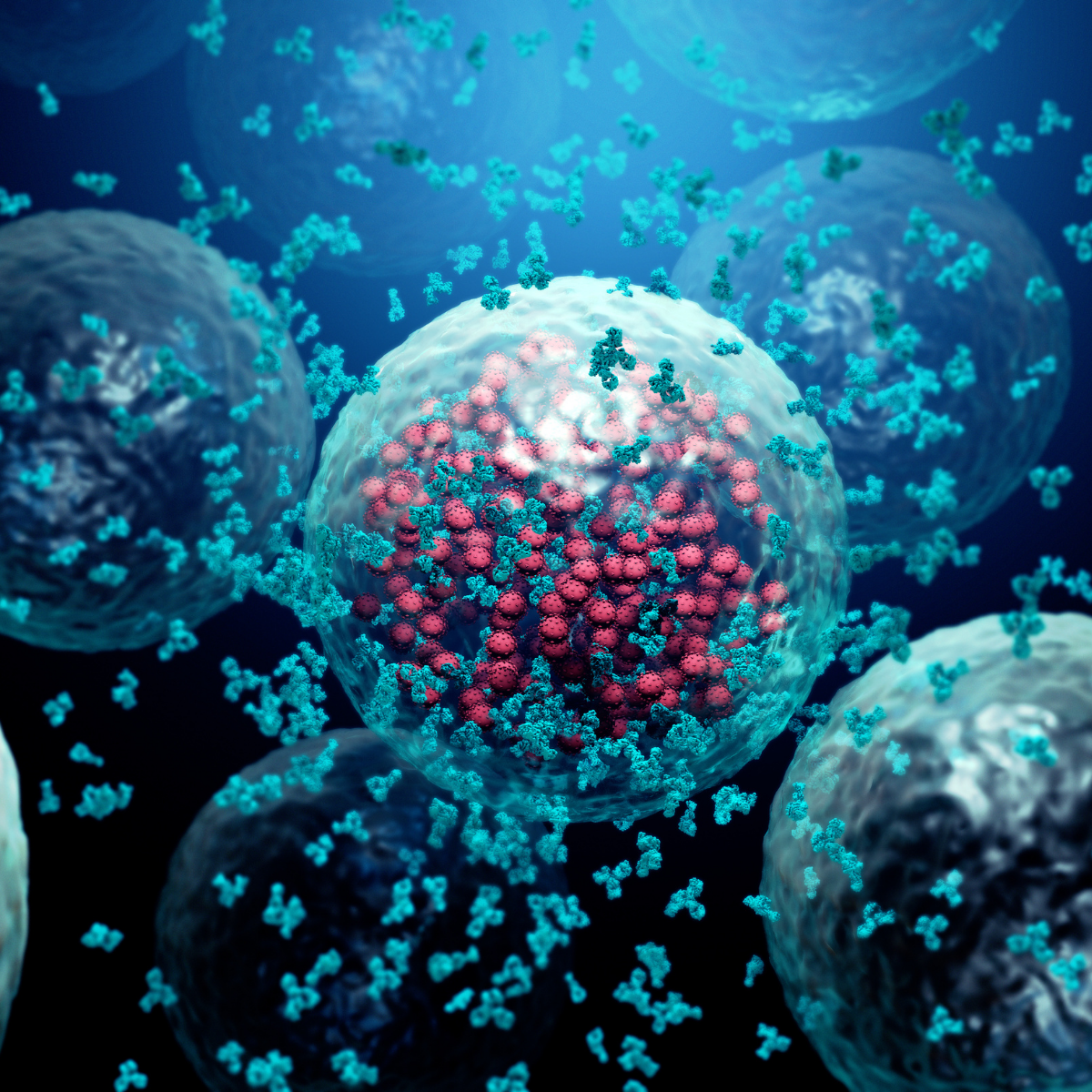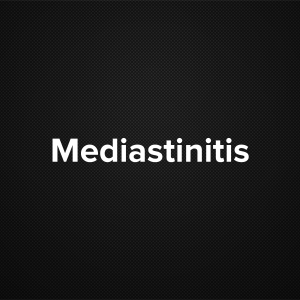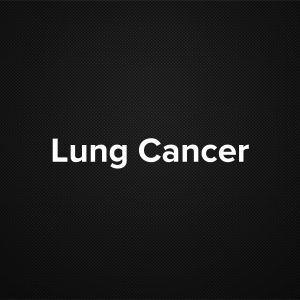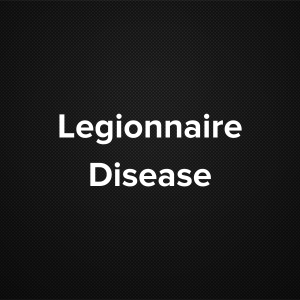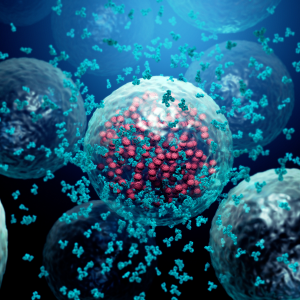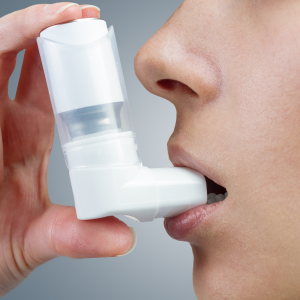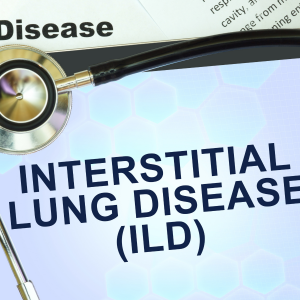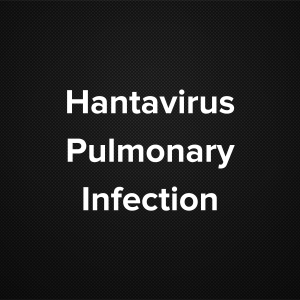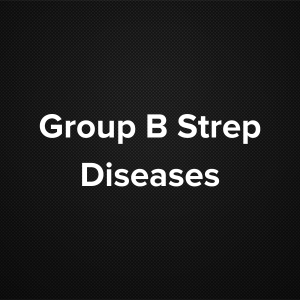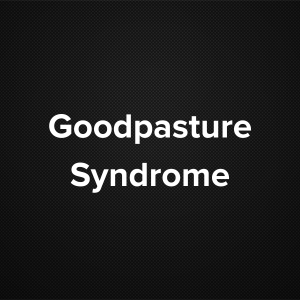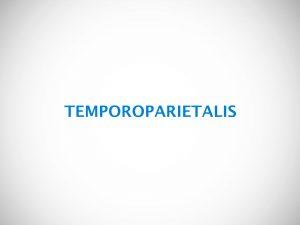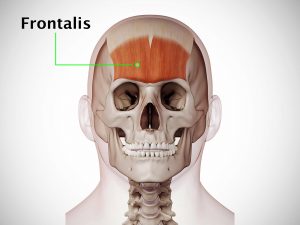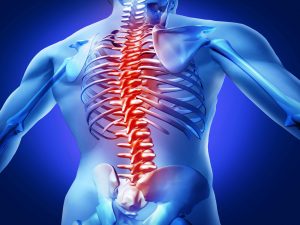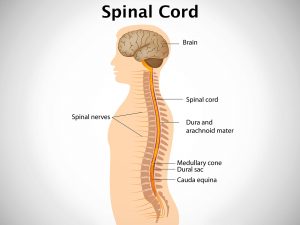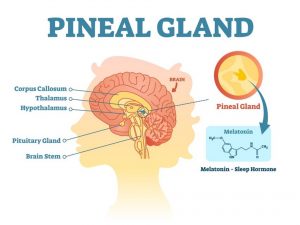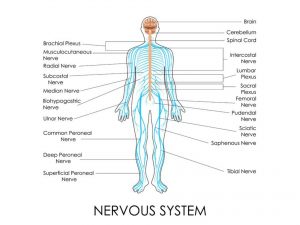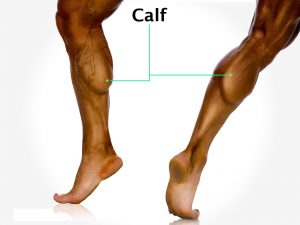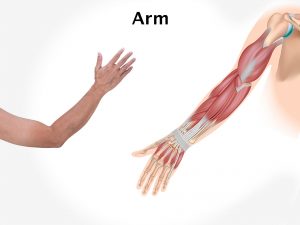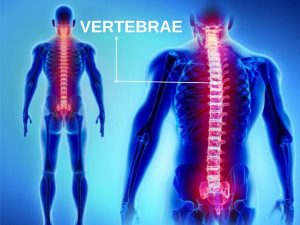Causes and risk factors
Nocardia asteroides is commonly found in soil and water. Infection with this bacterium takes place via inhaling the bacteria. The bacteria can come into contact with an open wound. Surgical procedures can also transmit the bacteria. Risk factors for nocardiosis are as follows – patients with HIV/AIDS, cancer, diabetes mellitus, chronic alcohol intake, connective tissue disorders, undergoing an organ or bone marrow transplant, excessive intake of corticosteroids, pulmonary alveolar proteinosis.
Clinical presentation
The symptoms of nocardiosis vary depending on which part of your body is affected. Nocardiosis infection most commonly occurs in the lung and produces the following symptoms – Pain in chest, cough. There may be loss of weight. Night sweats, fever can occur. Pneumonia may occur. In case of central nervous system affection, the following symptoms can be produced headache, debility, seizures, or confusion. In case of skin infections, symptoms such as ulcers, nodules, etc., can be produced.
Investigations
Medical history by the patient and clinical examination by the doctor helps in diagnosis. Biopsy of the affected tissue [brain, lungs, skin, etc.], is required. Sputum culture is done. Imaging studies such as chest x-ray, CT scan of the lungs may be useful for further evaluation.
Treatment
Treatment involves antibiotics. If an abscess forms, it should be drained. Symptomatic treatment is given for headache and fever.
Complications
Complications such as scarring of skin/lung tissue, disfigurement, loss of brain function, abscess formation can occur.
When to Contact a Doctor
One must consult a doctor if he has pain in chest, cough, loss of weight.
Prevention
Following certain aseptic precautions for all open wounds and surgical procedures will help prevent Nocardia infection.
Systems involved
Integumentary system, immune system, respiratory system, CNS
Organs involved
Skin, brain, lungs
